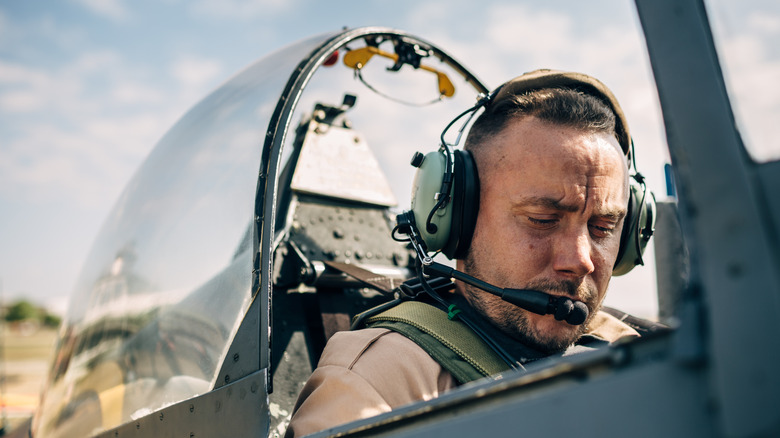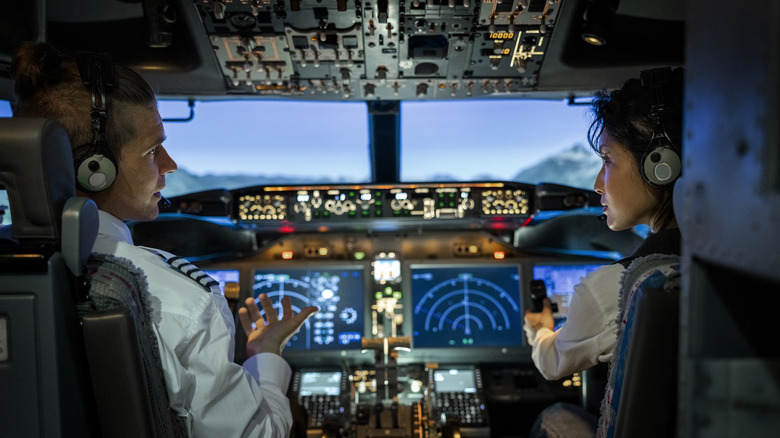
The aviation industry requires clear communication with common pilot phrases for safety purposes, and the word "Roger" serves this purpose. A military pilot responds with "Roger" to indicate that the message
was understood and received. It doesn't mean the pilot will act on the instruction, only that the information was heard. The correct response to air traffic control reports of traffic ahead would be "Roger" to show awareness. But if a command is given, such as descending to a set altitude, the correct phrase is "Wilco," short for "will comply."
The term originated during the initial period of radio broadcasting when Morse code operated as the primary communication method. Pilots and radio operators used "R" as shorthand for "received." When spoken radio communication became possible in the 1910s, the "R" was carried over into phonetic alphabets. The U.S. military employed "Roger" as the phonetic representation of the letter R during the 1920s and 1940s. The term "Roger" as an acknowledgment persisted even after "Romeo" replaced it in 1956.
The term became cemented in aviation during World War II, when large-scale operations required fast, standardized communication. It also carried over into civilian aviation, truckers, and even space missions; Apollo astronauts frequently used "Roger" in transmissions back to Houston. The word remains one of aviation's most recognized pieces of radio language.
Read more: 10 Airplanes That Managed To Fly With Staggeringly Low Horsepower
The Importance Of Standard Aviation Phrases

Military and civilian pilots don't use casual English over the radio. Instead, they follow a strict version of Aviation English, a simplified, globally standardized vocabulary designed to prevent misunderstandings. Terms like "Roger," "Wilco," and "Affirm" have specific meanings and can't be interchanged. "Affirm" means yes, and "Negative" means no. "Heavy" means they are leaving a strong wake behind their aircraft. Mixing them up can create confusion in critical situations.
History has proven the need for this precision. One of aviation's deadliest accidents, the Tenerife airport disaster in 1977, was partly caused by miscommunication between pilots and controllers. The crew's incorrect assumption about takeoff clearance resulted in more than 580 fatalities. The incident proved that standard phrasing is essential for all personnel.
"Roger" survived decades of phonetic alphabet changes because it was universally understood. Even though "Romeo" now stands for the letter R in NATO's alphabet, "Roger" endures in pilot communication. It is short and easy to distinguish over noisy radio channels. While the word itself has no deeper meaning, its reliability makes it essential for fast acknowledgment.
The requirement for precise communication stands vital for military pilots who perform intricate missions that need synchronized operations between various aircraft. A quick "Roger" tells controllers and squadron members that information has been received without wasting time. That's why, even in modern cockpits packed with advanced avionics, "Roger" remains part of the language of the skies.
Want the latest in tech and auto trends? Subscribe to our free newsletter for the latest headlines, expert guides, and how-to tips, one email at a time.
Read the original article on SlashGear.










